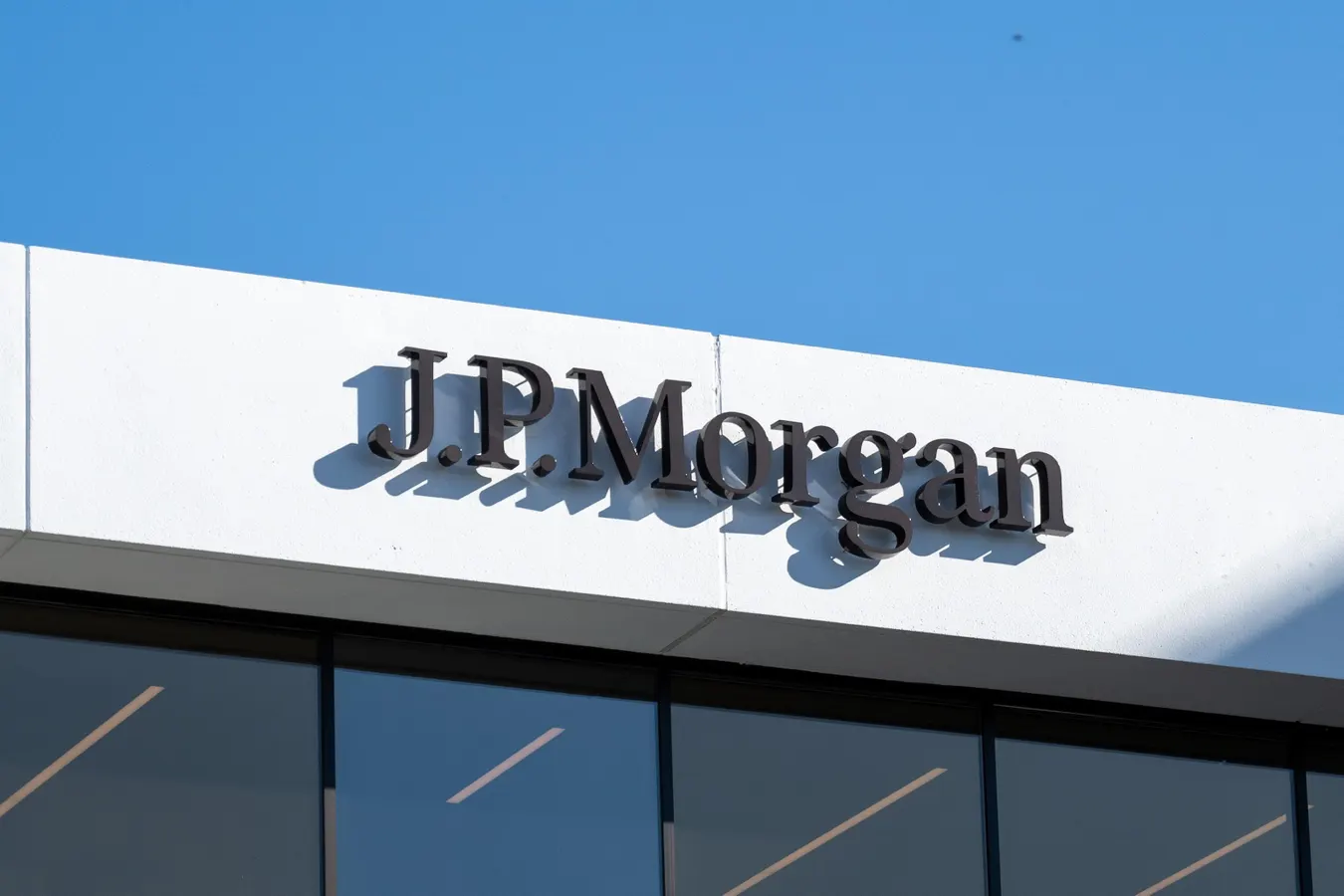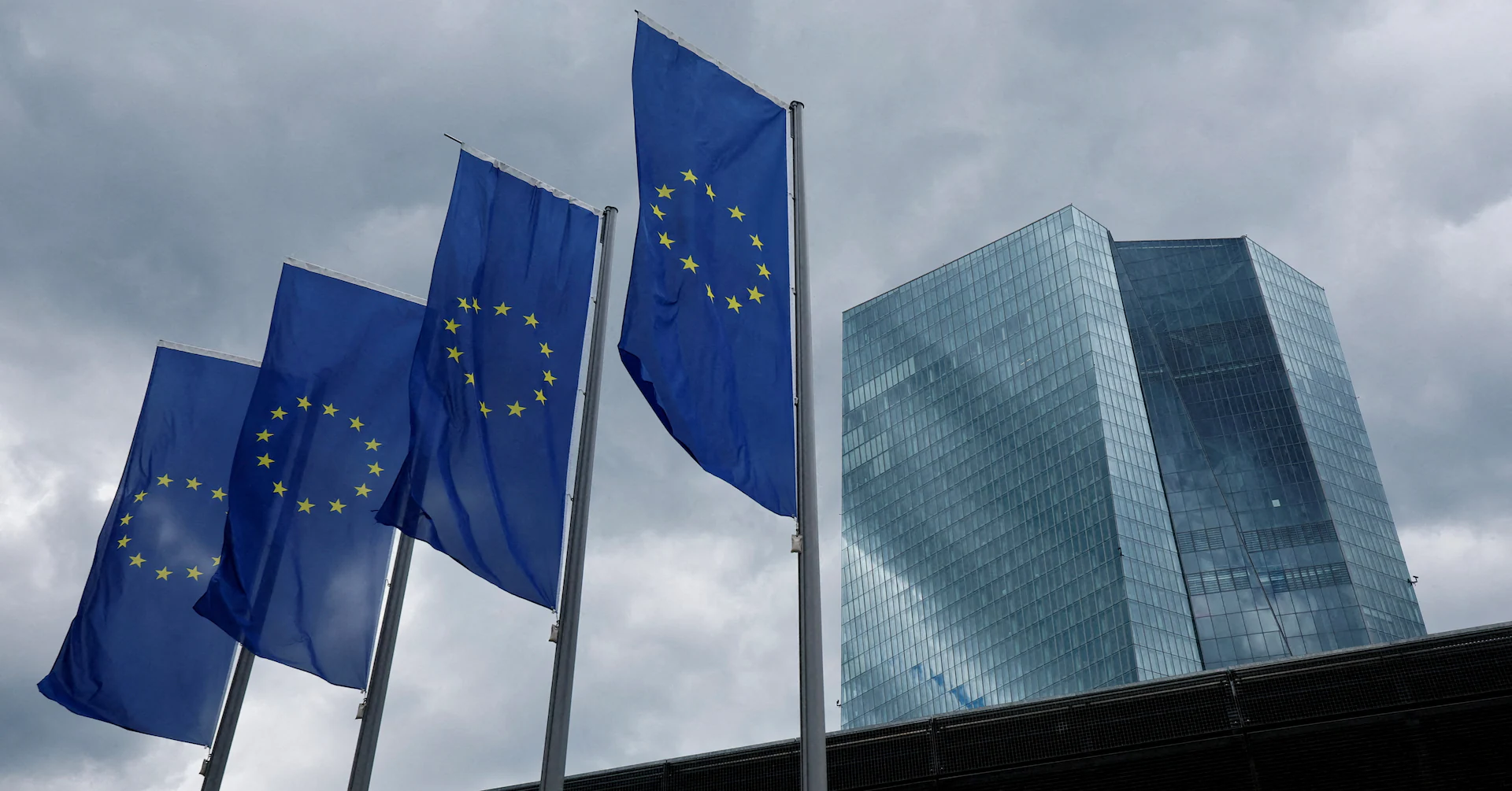By Dr Shafiq Ahmed Awan
Copyright brecorder

In an era where data is the new currency and digital transportation is the lifeblood of national stability, cybersecurity has ascended from a technical concern to a pillar of national security.
For Pakistan, a state on the cusp of a major digital transformation, the vulnerability of its State-Owned Enterprises (SOEs) and public-sector organizations to cyber-attacks presents a critical threat. These entities manage everything from the country’s power grid and healthcare systems to financial markets and national assets.
A single, well-executed cyber-attack could paralyze essential services, expose sensitive citizen data, and undermine economic stability, with catastrophic ripple effects on a national scale.
The escalating global cyber risk landscape, defined by major disruptions like the 2024 CrowdStrike outage, the proliferation of AI-driven threats, and increasing supply chain vulnerabilities, highlights an urgent need for Pakistan’s Public and Private sectors to adopt a robust defence. While the international reinsurance market, with leaders like Munich Re, is working to bridge this protection gap, many of Pakistan’s SOEs remain uninsured against these pervasive risks.
In the digital age, a nation’s strength is measured not just by its defence system or economy, but by the resilience of its digital infrastructure, to counter this evolving and sophisticated threat landscape, Cyber Takaful emerges as a strategic, Shariah-compliant solution. This innovative model transcends traditional insurance by embedding principles of mutual assistance and collective responsibility.
Rooted in the concept of Takaful, where participants pool resources to support one another in times of crisis, it provides a faith-based mechanism for safeguarding digital assets. This approach not only delivers essential financial protection but also aligns with the ethical and religious values of a Muslim-majority nation, thereby building deeper trust and confidence among stakeholders.
The adoption of Cyber Takaful offers a mechanism for financial recovery and operational continuity, but it also strengthens national resilience by safeguarding critical national assets and infrastructure. In today’s digital era, where a single cyber incident can disrupt governance and economic stability, embracing Cyber Takaful is no longer a matter of choice—it is a strategic imperative for securing Pakistan’s digital future.
In 2020, the SECP introduced a unified Cybersecurity Framework for Insurers, a groundbreaking policy that sets a new standard for digital protection. This singular framework, a testament to regulatory foresight, requires all licensed insurers and Takaful operators to adhere to stringent cybersecurity protocols, thereby ensuring a consistent and formidable defense across the entire industry.
This strategic move is a cornerstone of the SECP’s broader “Journey to an Insured Pakistan” initiative, which not only addresses immediate cyber threats but also acts as a powerful catalyst for the evolution of specialized products like Cyber Takaful.
By aligning its regulatory efforts with Shariah principles, the SECP has brilliantly positioned Cyber Security Takaful not as a mere product, but as a foundational pillar of Pakistan’s national strategy. It is a bold declaration of the nation’s commitment to protecting public-sector organizations, fortifying digital resilience, and safeguarding its most critical assets in the cyber era.
The preface of Cyber Security Takaful Insurance represents a pivotal moment for Pakistan, transforming the challenge of digital threats into a strategic opportunity. By embracing this Shariah-compliant model of collective responsibility and mutual support, the state can forge a formidable shield for its digital assets, ensuring the long-term resilience of vital public and private infrastructure. This innovative framework provides a robust, multi-layered defense for both State-Owned Enterprises (SOEs) and private-sector organizations.
To combat today’s evolving and sophisticated cyber threats, Cyber Takaful emerges as a vital financial and strategic solution. It provides a comprehensive safety net against the escalating costs of cyber incidents, as demonstrated by high-profile global attacks like the 2023 MGM Resorts International ransomware breach, which resulted in losses exceeding US$100 million.
The Takaful framework, rooted in principles of mutual assistance and collective responsibility, offers multi-faceted protection that goes beyond simple financial reimbursement. It shields institutions from the immediate financial impact of an attack, covering direct losses, data breach liabilities, regulatory penalties, and the costs of notifying affected individuals.
Moreover, Cyber Takaful guarantees operational continuity, which is crucial in a country where a cyber-attack could paralyze essential public services and cause severe economic and governance disruptions.
The model provides essential business interruption protection, ensuring the rapid restoration of critical functions and compensating for lost revenue and recovery expenses, even those caused by third-party system failures. Recognizing that the fallout from a cyber-incident extends far beyond financial damage, the framework also delivers strong legal and reputational safeguards. It covers regulatory defence costs and provides specialized communication and public relations support to mitigate reputational harm and preserve citizen trust.
Beyond reimbursement, policyholders gain access to empowered incident response, with expert teams for forensic investigations, legal counsel, and digital restoration, ensuring a professional and coordinated recovery process that minimizes disruption and accelerates recovery.
While precise figures for Pakistan’s cyber-related losses remain unquantified, global trends underscore the urgency of the issue. Worldwide cyber-attacks increased by 20 percent in 2023, and the global cyber insurance market is projected to reach US$23 billion by 2026.
The State Bank of Pakistan has also issued warnings about the growing frequency and sophistication of these threats. Without a financial buffer, public and private institutions in Pakistan remain dangerously exposed to significant, though often hidden, indirect costs that can silently erode financial stability and national resilience.
For Pakistan, the adoption of Cyber Takaful is a strategic imperative. As a Shariah-compliant solution under the regularity authority, it is uniquely suited for Muslim-majority markets and holds immense potential to grow in a way that aligns with the nation’s values.
By embracing this framework, Pakistan can fortify its capacity to absorb cyber shocks, safeguard critical public services, and secure a prosperous digital future. Cyber Takaful is not merely a policy—it is a cornerstone of national security and a strategic investment in the nation’s sovereignty.
Copyright Business Recorder, 2025



